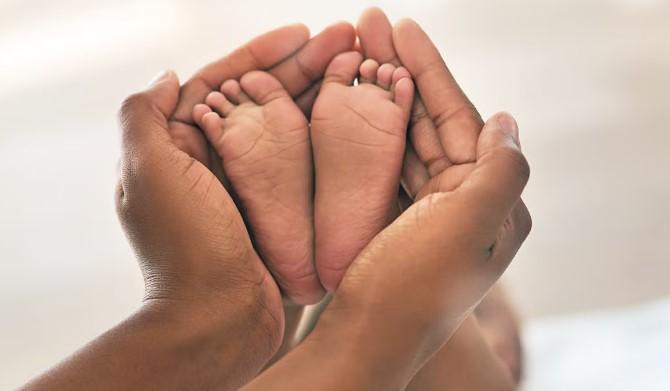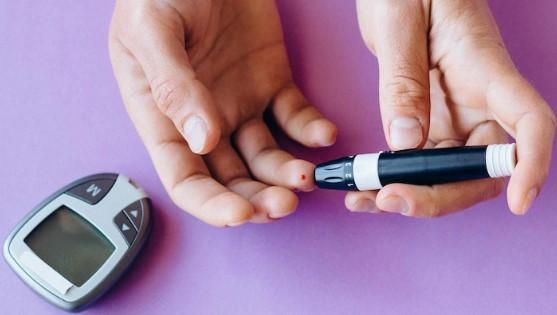
National Safe Motherhood Day 2025: Is it difficult to conceive after the age of 35? Know from expert
Every year on 11 April, National Safe Motherhood Day is celebrated in India, the purpose of which is to increase awareness about the health and safety of mothers in the country. In such a situation, this question often arises in the minds of many women: Is it difficult to conceive after the age of 35? In such a situation, Dr Shaili Sharma, a gynaecologist at Cloudnine Hospital, Faridabad, is telling what the difficulties in conceiving after the age of 35 are, what should be done for safe pregnancy after 35, and what the most ideal age to conceive is.
Risks of pregnancy after 35:
Women's fertility declines with age. This ability starts to decline slowly after the age of 30, and after 35, it declines rapidly. The main reason for this is the decrease in the number and quality of eggs. At birth, women's ovaries contain about 1 to 2 million eggs, which decreases with age. After the age of 35, there may be difficulty in conceiving due to a decline in the number and quality of eggs.
Pregnancy after age 35 may increase certain risks:
Risk of miscarriage: The possibility of miscarriage increases at this age.
Chromosomal abnormalities: There is a higher risk of Down syndrome.
Pregnancy complications: The risk of conditions such as high blood pressure, gestational diabetes, and pre-eclampsia increases.
Possibility of C-section: At this age, the possibility of a C-section is higher than normal delivery.
Ideal age for conception:
From a scientific point of view, the age of 20 to 30 years is considered ideal for conceiving. During this period, women have the best fertility, and the risk of pregnancy-related complications is low. However, nowadays, due to career, education, and other reasons, women are planning late motherhood, which is completely possible, provided they pay attention to their health and lifestyle.



